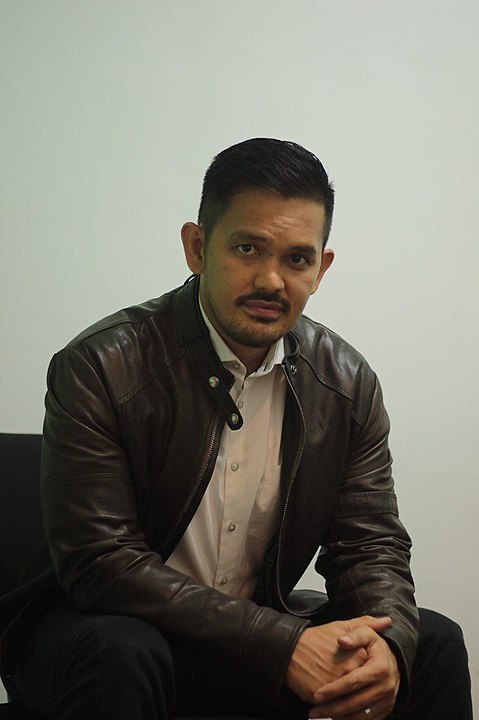
MANILA – The cause of the alleged systemic corruption and anomalies in the Philippine Health Insurance Corp. (PhilHealth) are the agency’s lack of validation mechanism in its IT (information technology) system and a corrupt and slow legal system, the Presidential Anti-Corruption Commission (PACC) said Tuesday.
“Ang IT system na ginagamit ng PhilHealth ngayon has no validation mechanism kaya nama-manipulate ng empleyado at hospital dahil hindi tsini-check ng PhilhHealth kung totoo ang mga claims sa kanila (The current IT system used by PhilHealth has no validation system, that’s why it can be manipulated by some employees and hospitals because PhilHealth cannot check if the claims are true),” PACC Commissioner Greco Belgica told the Senate Committee of the Whole.
Due to the lack of validation mechanism, Belgica said the PhilHealth keeps on paying “na parang tanga sa mga hospital habang ginagago naman ang tao (like a fool to hospitals while the public is being duped).”
Belgica said the IT system issue exposes about PHP2 to PHP3 billion that PhilHealth reimbursed weekly to fraudulent transaction schemes such as insurance claims padding, payments to non-existing or ghost patients, and the use of fake receipts, among others.
Meanwhile, he said PhilHealth’s lengthy legal process of investigating complaints made it possible for erring agency officials and hospitals to get away with their shenanigans.
Under the current system in PhilHealth, complaints have to be filed in regional offices, after which the regional legal services team forward the complaint to the Fact-Finding Investigation and Enforcement Department.
Only then it will be forwarded to the agency’s Prosecution Department, where an arbitration group will tackle the dispute and be submitted to the PhilHealth board for approval, he said.
“Sa haba ng sistema na ‘yan, ang dami nang paraan para harangin mo ang mga kaso (Due to the length of the process, there will be many opportunities to block the cases),” Belgica said, noting the backlog of cases filed by PhilHealth against erring hospitals.
The PACC official suggested several solutions and action plan to rid PhilHealth of its corruption woes.
He said that chief among them is to improve PhilHealth’s IT system and infrastructure by establishing an external validation mechanism.
He pointed out that PhilHealth does not need the additional PHP2 billion its officials claimed it needed to upgrade its IT system as several government financial institutions — like the Land Bank of the Philippines and the Development Bank of the Philippines — as well as private companies have offered solutions to this problem “at no cost to government.”
“Pero hindi nila inaksyonan dahil maaapektuhan ang kanilang mga pinagkakakitaan (But they did not act on it because it would affect the source of their spoils),” Belgica said, referring to unscrupulous PhilHealth officials and staff.
He said the agency’s legal process should also be simplified, and suggested that investigations should be conducted by an independent body outside of PhilHealth in order to focus on the cases and file the necessary charges against everybody involved in the fraudulent schemes.
Belgica also suggested the suspension of all officials involved — from the Board, the executive committee up to the regional directors — pending the conduct of investigations, and if needed, the appointment of an officer-in-charge (OIC) to oversee the agency’s day-to-day operations.
Lastly, he assured that PACC, along with the task force created by President Rodrigo Duterte, will continue its comprehensive investigation into the alleged corruption within PhilHealth.
“Mula ulo hangang paa, tinitingnan namin lahat ng dinadaanan nila. Wala kaming palulusutin at wala kaming didiinan. Yung totoo lang ang ilalabas namin at kakasuhan (From head to toe, we will look where the corruption goes. We will never condone anyone, nor will we implicate anybody. We will expose and charge only those who are truly guilty),” he said.
He also asked the support of PhilHealth employees in unmasking corrupt officials and personnel in the agency, warning that their silence is also to be blamed in the widespread and systemic corruption.
“Kapag may nakawang nangyayari at hindi ka umimik, ang tawag sayo kasabwat (If a crime is being committed and you remain silent, they call you an accomplice),” Belgica said.